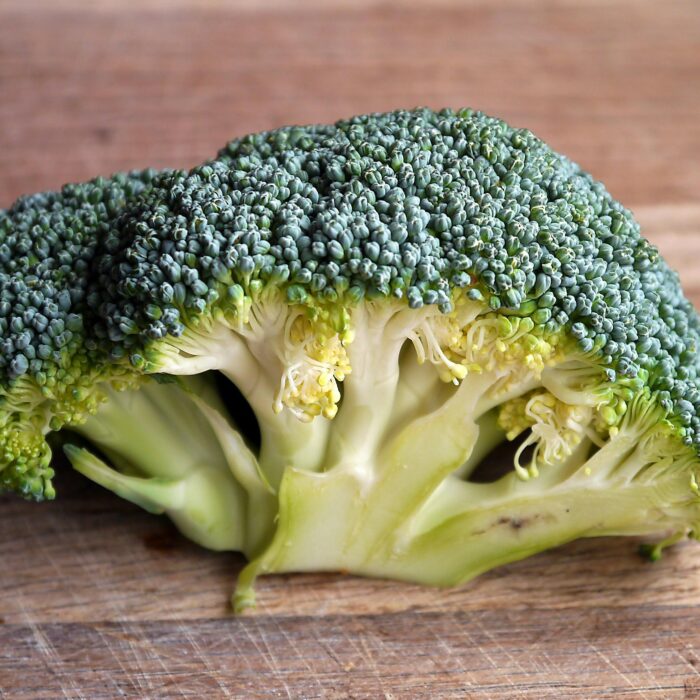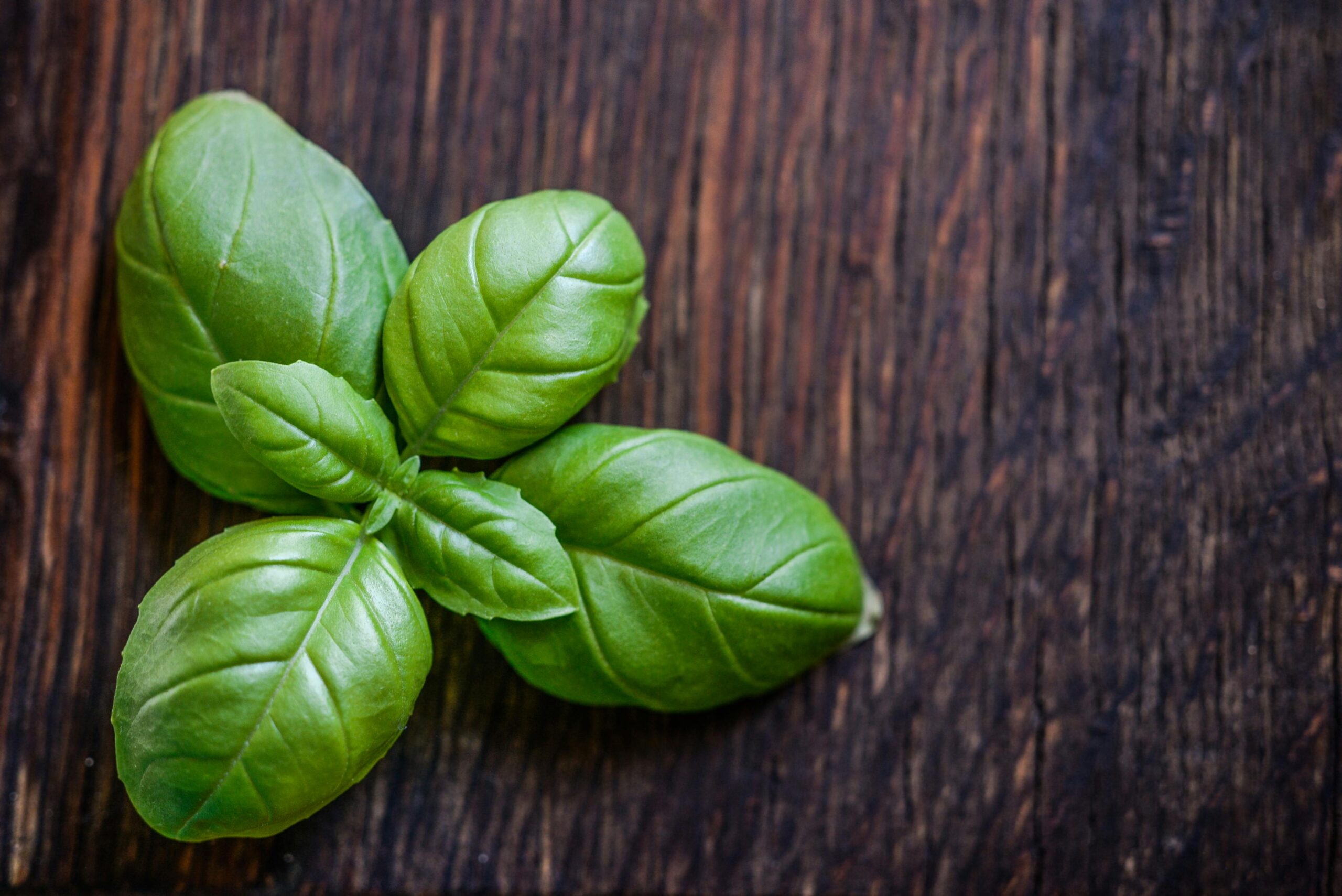
Basil: Antimicrobial Effects
Basil is an aromatic and delicious herb that does more than elevate the flavors of your favorite dishes; it also contains impressive antimicrobial properties to help ward off food poisoning. Basil contains abundant essential oils, such as eugenol, linalool, and cineole; for this reason, basil has been reported to present antagonistic activities against bacteria, fungi, and other microorganisms, which can cause foodborne illness.
Basil fights off most of the common food-poisoning bacteria, such as E. coli, Listeria, and Salmonella. These are many of the bacteria you usually hear about that give people food poisoning. Adding basil to a dish may indeed help give your body added protection against such bacteria. Whether fresh, dried, or in oils, basil holds antimicrobial properties that make it excellent not only for flavor but also for food safety.

Along with anti-microbial power, basil is rich in antioxidants. These antioxidants neutralize free radicals in the body, hence reduced inflammation helps the body stay healthy. Because of the reduction of oxidative stress, basil not only prevents infections but also assists your body in keeping it healthy.
Basil is versatile in the kitchen, finding a place in everything from pasta sauces and salads to soups and marinades. Basil brings freshness and liveliness to salty and sweet alike. It can also be mixed into pesto, a sauce full of nutrients and bringing even more of basil’s benefits to your plate.
With basil, your diet will be flavored, and its health benefits are at a very high level. Basil is one of the most potent herbs that save people from foodborne illness and keep them in good health due to either its mouthwatering taste or its antimicrobial effects.